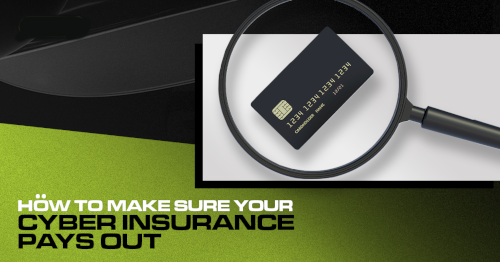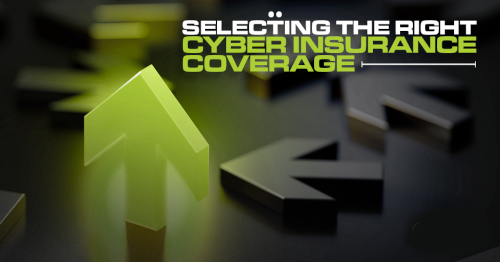The FBI has revised its recommendations for home network security. The guidelines focus on protecting personal devices connected to the Internet. The information also applies to protecting your devices while traveling. It also provides best practices for your small business office network.
More devices are now connected to the Internet than ever before. Consequently, as the Internet of Things (IoT) grows larger, security risks also increase. Home users are especially vulnerable.
Two common misconceptions befall home users.
- They believe their home network is too small to interest bad actors.
- They believe their devices are secure enough out-of-the-box.
Cyber attacks are indiscriminate – they don’t consider the type of network. A network connected to the Internet is a potential target. Without specific precautions, any network can be compromised.
Most Internet-enabled consumer devices come configured with basic, default factory settings. This includes passwords to access sensitive settings. The default settings often go unchanged. Subsequently, hackers can gain access by use of the default password.
Here are some simple yet effective steps you can take to improve your network security.
– Keep your software updated
Update all software. This is one of the easiest steps to keeping connected devices safe. Along with adding new features, updates include security fixes. Windows 10 applies all updates automatically. If you’re using another Operating System use automatic updates if available.
– Remove unnecessary software and disable unneeded services
Many new computers come with preinstalled trial software. This leads to security holes. “Bloatware” as it’s known can be removed. Check running services against the list provided by the National Cybersecurity and Communications Integration Center (NCCIC). Disable any services that are not required or needed.
– Change factory default settings and passwords
New devices come configured with simple passwords and user-friendly settings. This is to make set-up easy. But it leaves the device at risk. Change default passwords to a personal password. Check router configurations and disable unneeded ports or services.
– Use anti-malware software and keep it up-to-date
Using a reputable antivirus or anti-malware app is the best line of defense. These watchdog programs protect your system and act to quarantine known and suspected threats. Many affordable software choices exist, some are even free. Be sure to set your anti-malware program to update automatically. Doing so ensures your system has protection against emerging and zero-day threats.
– Install a network firewall
A network firewall sets-up hardened perimeter where your network connects to the Internet. Network firewalls prevent intruders from gaining access to your network. Routers provided by Internet service providers include a network firewall. Check the settings to make sure the greatest protection is active.
– Install a firewall on connected devices
Use of firewalls on computers connected to your network increase intrusion protection. This type of firewall looks at the incoming and outgoing traffic. If a traffic request violates a rule, the firewall blocks the request. Device firewalls are embedded in common operating systems. Most anti-malware programs include a device firewall. Bundled firewalls offer more advanced features.
– Enable Wireless security
An open wi-fi network is a welcome sign to hackers. Use the strongest encryption protocol your wi-fi router has available. There are two recommended encryption protocols for home use. The first is Wi-Fi Protected Access 2 (WPA2) Personal Advanced Encryption Standard (AES). The second is Temporary Key Integrity Protocol (TKIP). Be sure to change the default network name (SSID) and default password. Check for firmware updates. Install updates as they become available.
– Back-up your data
Regular back-up of your files has never been easier. It is also affordable. Many options exist that automatically back-up your files. Local, cloud-based and hybrid options are available. A good back-up strategy is cheap insurance against data loss.
These recommendations are also effective for small business network security. A few simple changes can prevent a cyber-attack. They also protect against compromise of personal information and loss of data.













No Comments